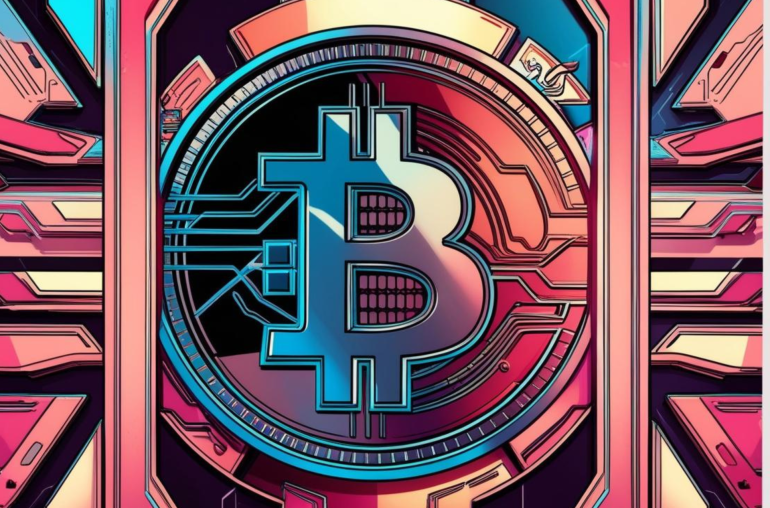As the U.S. banking system experiences a shakeup, cryptocurrency wallets and exchanges have become an alternative to traditional banks.
According to to live app data provider Apptopia, the best ten crypto apps for exchanges and wallets have risen approximately 15% since last week, while the top 10 digital-first banking and traditional apps have fallen by 3% and 5%, respectively, media reports said.
The top 10 crypto apps include Crypto.com, Coinbase, Binance, Bitcoin, eToro, and Crypto DeFi Wallet, Kraken, Blockchain.com, KuKoin, and BitPay.
Customers in the US are worried about the recent banking problem, which is why the difference in the number of downloads. Last week, SVB, Silvergate Capital, and Signature Bank closed down, leading crypto firms, investors, and conventional users to scramble to move their assets.
Following the SVB collapse, the cryptocurrency market is exhibiting a “positive contagion” akin to the trend observed in 2020 when investors turned to alternative assets after the COVID-19 pandemic-induced economic crisis.
According to data from CoinMarketCap, Bitcoin and Ether, the two most valuable cryptocurrencies in terms of market capitalization, have seen their values increase by approximately 15% and 9%, respectively, in the past seven days. Additionally, the overall market capitalization for all cryptocurrencies rose by 8.3% to approximately $1.1 trillion over the same time period.
The current frenzy in the market appears to have instilled a bullish outlook in the crypto field, with traders reacting favorably to the recent developments. As a result, the entire market capitalization increased during the week, accompanied by a rise in downloads of cryptocurrency apps.
However, other midsize and regional banks, including First Republic, are under pressure following the collapse of SVB. According to Reuters, First Republic was ranked third among banks with the highest rate of uninsured U.S. deposits, with an estimated $119.5 billion in uninsured deposits.
The recent banking crisis has led investors to question where to park their assets. The rise in crypto app downloads demonstrates that people are looking for alternatives to traditional banks. Banks and other financial institutions’ increasing adoption of cryptocurrencies has forced regulators to take a more nuanced approach to the sector.
The current situation highlights the evolving relationship between traditional finance and cryptocurrencies. While many regulators have been skeptical of the industry, the market madness has shown that cryptocurrencies can be an alternative to traditional banks. The crypto economy is increasingly becoming a mainstream option for investors.



